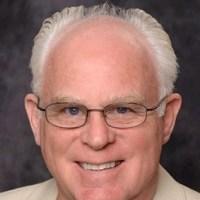If the organization was founded on principles derived from a faith-based perspective, and the driving motivation for the services is to meet the needs of the population because of these values, they are an inherent part of the culture of the organization. These values and motivators should be clearly identified during the hiring process. While I would not recommend requiring the candidate to personally espouse those values or religious belief (which would be onerous and discriminatory), they should be aware that this is a critical aspect to the culture and the work - if they are uncomfortable with hearing that language used to frame the services and the client, then they should consider working elsewhere.
To neutralize the faith-based factors of this culture by eviscerating the language would necessarily deflate the motivation for the good works that are being done. There are other secular organizations doing similar work, which may be a more appropriate fit for the discomforted.
I once consulted for a faith-based company that began all of its staff meetings with prayer. No one was forced to pray aloud or to believe in the faith tenets of that religion; however, they were expected to respect the moment and remain silent while someone led the opening prayer. They were not quizzed or evaluated based on their participation (or lack thereof), and the meetings were efficiently run and accomplished the mundane tasks at hand. The corporate culture was clear from the outset, and employees who were not of that faith (including this consultant) were welcomed and valued for their expertise - not their religious beliefs.
Individual differences and powerful motivators should be celebrated as strengths that promote innovation, collaboration, and effectively accomplishing corporate goals; working towards a least common cultural denominator diminishes us individually and collectively.










